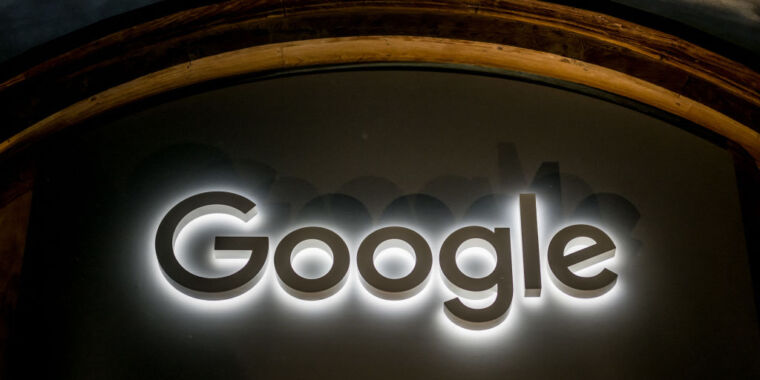Google just lost a massive antitrust trial over its sprawling search business, as US district judge Amit Mehta released his ruling, showing that he sided with the US Department of Justice in the case that could disrupt how billions of people search the web.
“Google is a monopolist, and it has acted as one to maintain its monopoly,” Mehta wrote in his opinion. “It has violated Section 2 of the Sherman Act.”
The verdict will likely come as a shock to Google, which had long argued that punishing Google for being the best in search would be “unprecedented.”
Mehta ruled that Google spending billions on exclusive distribution agreements with companies like Apple helped the tech giant maintain monopolies in two markets, general search services and general text advertising.
The US government had argued that Google used these exclusive deals to block out competitors like Bing or DuckDuckGo, “by ensuring that all of Android and Apple and mobile users are offered Google, either as the default general search engine or the only general search engine, Google’s deals with Android and Apple clearly have a significant effect in preserving its monopoly.” The DOJ successfully argued that blocks rivals from reaching the “critical level necessary” to “pose a real threat to Google’s monopoly.”
Mehta noted that Google’s dominance had “gone unchallenged for well over a decade,” partly due to a “largely unseen advantage over its rivals: default distribution.” He found that Google’s exclusive distribution deals foreclosed a “substantial share” of the markets, allowed Google to earn more revenues, which it then shared with device and browser developers—spending up to $26 billion in 2021 for exclusive deals, the trial revealed.
Google did all this, Mehta said, to ensure that “most devices in the United States come preloaded exclusively with Google” and to force “Google’s rivals to find other ways to reach users.”
None of the pro-competitive benefits that Google claimed justified the exclusive deals persuaded Mehta, who ruled that “importantly,” Google “exercised its monopoly power by charging supracompetitive prices for general search text ads”—and thus earned “monopoly profits.”
Google didn’t lose every battle in this big fight with the DOJ. Mehta ruled that Google did not have monopoly power in search advertising, agreed that there was no market for general search advertising, and declined to sanction Google for allegedly destroying evidence by “failing to preserve its employees’ chat messages.”
This is a developing story and is being updated.








